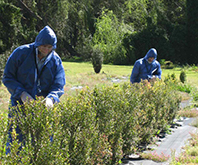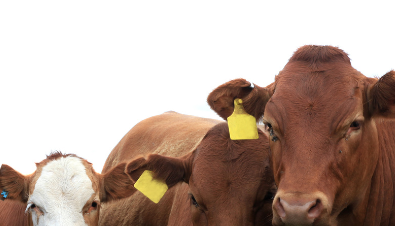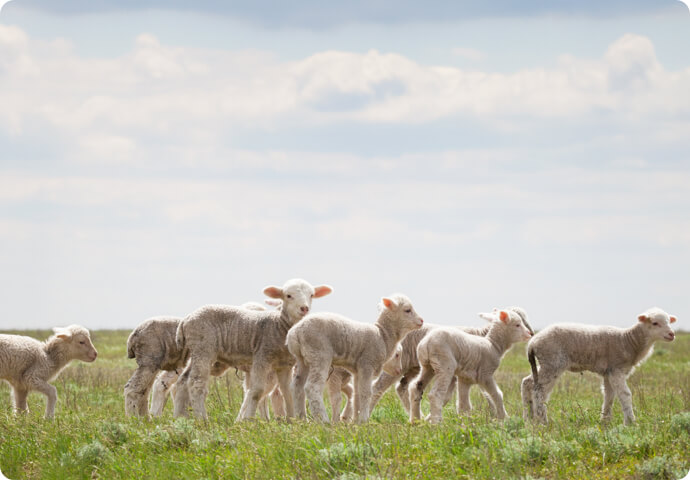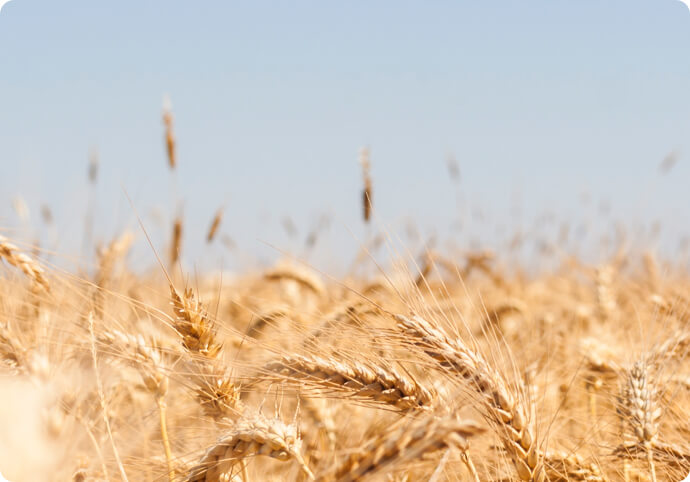Reporting unusual pests or diseases
If you see unusual disease symptoms or a plant pest, report it to your plantation manager, who will take the following precautions to contain the pest and protect other parts of your plantation:
- Report to local forest health or biosecurity expert, or call the Exotic Plant Pest Hotline.
- Do not touch, move, or transport potentially affected plant material unless instructed by forest health or biosecurity expert.
- Mark the site, record the location and limit access to the area.
- Take a photo and note any symptoms.
- Limit or restrict operations in the area while waiting for identification.
Do not send samples until you have received advice on the correct protocol for sampling, packaging, handling and transport to the laboratory assigned for diagnosis. Incorrect handling could spread the pest or disease further or render the samples unfit for diagnosis.
The Exotic Plant Pest Hotline
Reporting of unusual pests is mandatory in Australia under the national agreement for dealing with Emergency Plant Pest incursions, the Emergency Plant Pest Response Deed.
If you see anything unusual, call the Exotic Plant Pest Hotline 1800 084 881.
Calls to the Exotic Plant Pest Hotline are confidential. Your call will be forwarded to an experienced person in your state or territory government, who will ask some questions and arrange for an assessment of what you’ve found.
If the hotline in your state operates only during business hours, leave your full contact information and a brief description of the issue and your call will be followed up as soon as possible.
The Exotic Plant Pest Hotline
Reporting of unusual pests is mandatory in Australia under the national agreement for dealing with Emergency Plant Pest incursions, the Emergency Plant Pest Response Deed.
If you see anything unusual, call the Exotic Plant Pest Hotline 1800 084 881.
Calls to the Exotic Plant Pest Hotline are confidential. Your call will be forwarded to an experienced person in your state or territory government, who will ask some questions and arrange for an assessment of what you’ve found.
If the hotline in your state operates only during business hours, leave your full contact information and a brief description of the issue and your call will be followed up as soon as possible.
Emergency responses
In Australia, both industry and governments have a role to play in managing and funding emergency responses aimed at eradicating exotic pests and diseases.
Incursions by pests and diseases that are deemed to be Emergency Plant Pests (EPPs) are dealt with under the terms of the Emergency Plant Pest Response Deed (EPPRD).
The Australian Government, all state and territory governments and the major plant industry bodies have signed the EPPRD, along with Plant Health Australia, the organisation that has custodianship of the agreement.
Under the EPPRD all decisions are made by committees that include government and industry representatives. The decisions of the Consultative Committee on Emergency Plant Pests (CCEPP) relate to the technical feasibility of eradication of the pest in question. Decisions of the National Management Group (NMG) are made on technical advice from the CCEPP and financial considerations.
The EPPRD sets out arrangements that automatically activate when a suspected EPP is detected in Australia, allowing swift and effective action. The fast response time is required to provide an opportunity to eradicate the pest or disease.
The Australian Forest Products Association has signed the EPPRD, giving the industry a seat at the decision making table in the event of an incursion that affects the plantation forest industry.
Since the industry benefits from a response to eradicate any new pest or disease that would compromise production, Australian Forest Products Association covers a proportion of the costs of an approved Response Plan by having appropriate levy arrangements in place.
Also under the conditions of the EPPRD, the forest industry (including members of AFPA) has a responsibility to report suspect pests or diseases.
For more information on the EPPRD and emergency responses, go to planthealthaustralia.com.au/epprd.
Owner Reimbursement Costs
Without early reporting, eradication efforts can be futile as the pest or disease is too widespread and established in the environment. In these cases, the growers then have to manage the pest or disease as endemic, leading to permanent increases in production costs.
To encourage early reporting and improve the chance of successful eradication, the Emergency Plant Pest Response Deed (EPPRD) allows for payments to growers who can demonstrate financial losses or costs incurred as a result of an effort to eradicate an Emergency Plant Pest. Owner Reimbursement Costs (ORCs) may cover costs associated with Response Plan actions, such as the destruction of trees, enforced fallow periods and additional chemical treatments. Their purpose is to reduce the financial impact of the eradication response.
ORCs apply only to approved Response Plans aimed at eradication, and only to industries that are signatories to the EPPRD, like the plantation forest industry.
ORC Evidence Frameworks are developed for each cropping sector to provide extra guidance and a hierarchy of evidence is used to determine specific ORC valuations. Approved ORC Evidence Frameworks can be found at planthealthaustralia.com.au/orc






